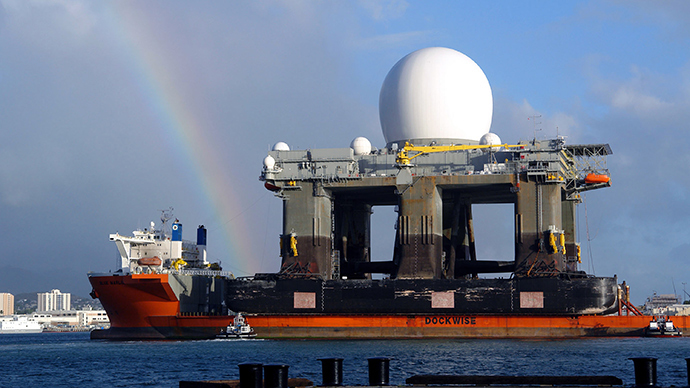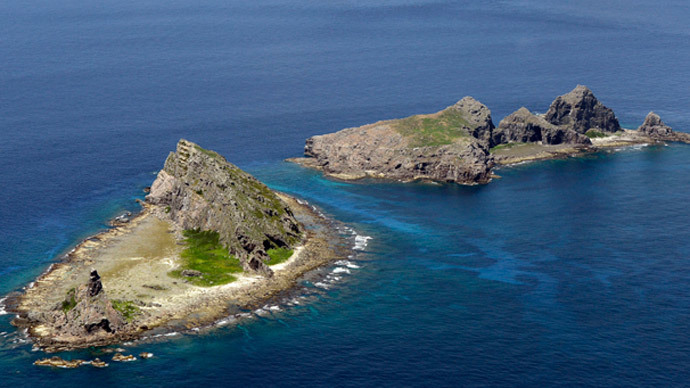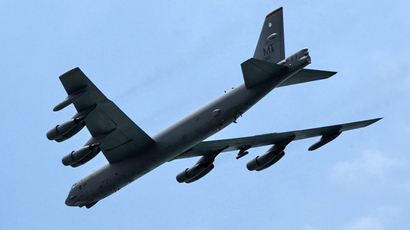China accuses US of damaging regional stability with Japan defense radar

China accused the United States of undermining stability in the Asia-Pacific region by positioning an X-band missile defense radar in Kyoto, Japan. The statement highlights simmering tensions over a small, disputed archipelago in the East China Sea.
Japan's defense ministry said the radar system was delivered on Tuesday to the US military’s communication facility in Kyoto and would be fully operational by year’s end.
In a clear reference to the United States, Chinese Foreign Ministry spokeswoman Hua Chunying said "relevant countries” should not use their own security interests as an “excuse to damage the security of others, China’s Xinhua daily reports.
"Some countries have pushed forward anti-missile system deployment in the Asia-Pacific region to seek unilateral security, which runs against regional stability and mutual trust as well as peace and stability in Northeast Asia," Hua told a news conference on Wednesday.
"This move causes even more concerns, under the backdrop of complex and sensitive regional situation," she said.
The spokeswoman added that all interested parties should be committed to maintaining security via political and diplomatic means.
Following its economic ascendency and the Obama administration’s so-called Asia pivot, China has invested heavily in its naval capabilities, including anti-ship ballistic missiles.
This, coupled with an often heated dispute over the Senkaku or Diaoyu island group, has rattled Japan in recent years.

On Wednesday, reports surfaced in Japanese media that the US and Japan will boost military cooperation and intelligence sharing in space to counter China’s growing capability to shoot down satellites.
And earlier this month, Japan and the United States agreed to create a new defense partnership to counter the perceived Chinese threat.
The measures, intended “to prevent the deterioration of Japan's security in all phases,” represented the first time the two countries had revised their bilateral security arrangements in 17 years.
The previous month, Chinese President Xi Jinping called on China’s army to modernize and improve their combat readiness, so they could “win a regional war.”
In July, Japan further sparked ire in China by reinterpreting Article 9 of the country’s post-war constitution, which had bared the country’s forces from ever fighting on foreign soil.
The reversal is both intended to defend Japan and its allies in case of the attack. US President Barack Obama had earlier vowed to back Japan in any conflict over the disputed island group.
Just days before Obama’s announcement, Japan began work on a high-tech radar outpost close to the islands. The radar is expected to become operational in 2016.
Chinese foreign ministry spokesman Qin Gang dismissed the deepening cooperation at the time, calling the Washington-Tokyo alliance “a bilateral arrangement from the Cold War and ought not to harm China's territorial sovereignty and reasonable rights.”














